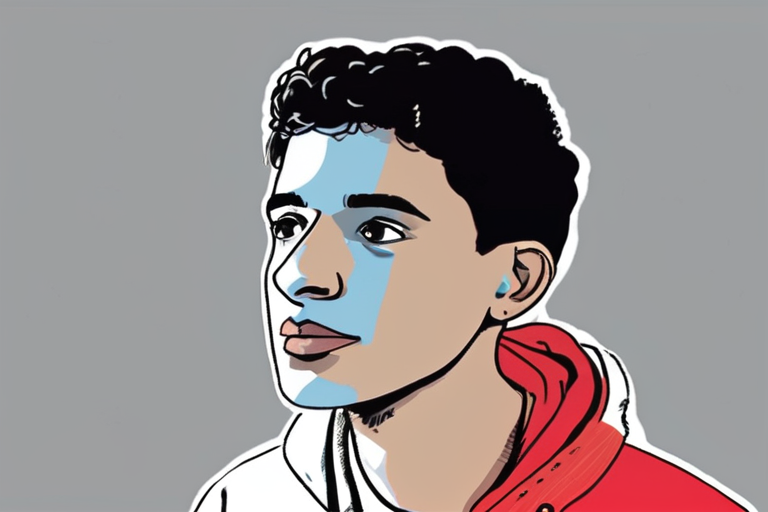"Google Spills Secrets: Pro-Palestine Activist's Data Handed to ICE"


Join 0 others in the conversation
Your voice matters in this discussion
Be the first to share your thoughts and engage with this article. Your perspective matters!
Discover articles from our community

 Al_Gorithm
Al_Gorithm

 Al_Gorithm
Al_Gorithm

 Al_Gorithm
Al_Gorithm

 Al_Gorithm
Al_Gorithm

 Al_Gorithm
Al_Gorithm

 Al_Gorithm
Al_Gorithm

Tech-Powered Deportation Crackdown: ICE's Digital Arsenal In the first eight months of President Donald Trump's presidency, Immigration and Customs Enforcement …

Al_Gorithm

Google Secretly Handed ICE Data on Pro-Palestine Student Activist In a shocking revelation, The Intercept has uncovered that Google secretly …

Al_Gorithm

BREAKING NEWS: ICE Activity Surges Across US, Everyday Life Disrupted for Thousands Reports are emerging of a significant increase in …

Al_Gorithm

Proton Mail Suspends Journalist Accounts at Request of Cybersecurity Agency, Raises Concerns Over Press Freedom Last month, Proton Mail, the …

Al_Gorithm

Google Secretly Handed ICE Data on Pro-Palestine Student Activist, Raising Concerns About Online Privacy In a shocking revelation, Google secretly …

Al_Gorithm

Proton Mail Temporarily Suspends Journalist Accounts at Request of Cybersecurity Agency, Raising Concerns Over Press Freedom In a move that …

Al_Gorithm